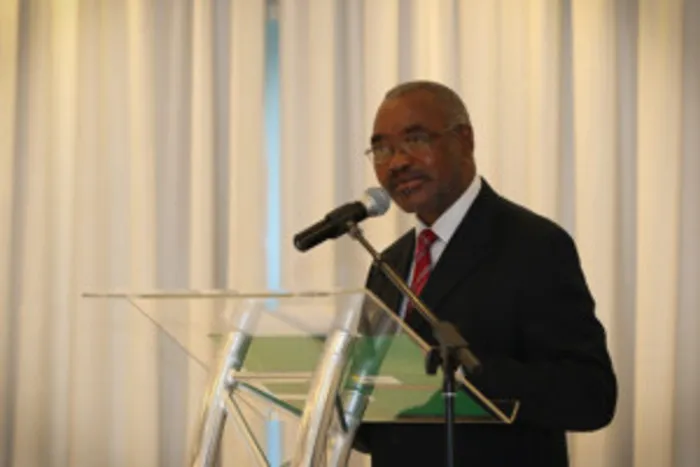KZN lacks skills in government

KwaZulu-Natal Premier Willies Mchunu. File picture: Motshwari Mofokeng KwaZulu-Natal Premier Willies Mchunu. File picture: Motshwari Mofokeng
Durban - A lack of adequate skills among the province’s public servants has become a major concern for Premier Willies Mchunu, who said this was holding his government back from its ambition of being the country’s best-performing province.
Mchunu raised his concern during a provincial cabinet meeting in Durban yesterday. The MECs, mayors and managers of various departments and municipalities had gathered to find solutions to challenges facing the provincial government.
He said while there were good policies and service delivery programmes in place, they were being let down by below-par implementation.
“I want all of us to be certain that we want to go to where can say proudly that we are number one in clean audit,” he said.
“The issue of compliance does talk to the skills level at some stage.”
Mchunu was concerned that some in the provincial government seemed to be comfortable with getting an unqualified audit year in and year out instead of aiming to step up a level and secure a clean audit.
Last year 22 out of 61 municipalities received clean audit reports. Six out 18 departments and entities in 2013/14 and 10 in the last financial year achieved this.
The challenge was to reach the stage where the majority of departments in the majority of municipalities had reached a level where they were unhappy with unqualified audits, he said.
Every time the government assessed the effectiveness of its programmes “then the issue of skills begins”.
The government had sufficient numbers, but the skills in place were questionable.
“To what extend do the skills levels within public service contribute to the ineffectiveness of some of our good programmes, good laws and good strategies? Whether they are able to effectively address the real concerns that people raise with us on a daily basis is something else,” said Mchunu.
In 2002 the government came up with the Human Resources Council to empower its employees with skills development programmes, but his office would have to look at how such programmes were addressing the needs of society.
His office was struggling to find a new provincial director-general to drive its programmes.
The position remained vacant after the departure of Nhlanhla Ngidi in May last year. Frikkie Brooks was appointed to act in the position, and later Primrose Khumalo was also appointed to act.
“This post has been advertised and re-advertised in the past without attracting the proper skill,” he said.
THE MERCURY